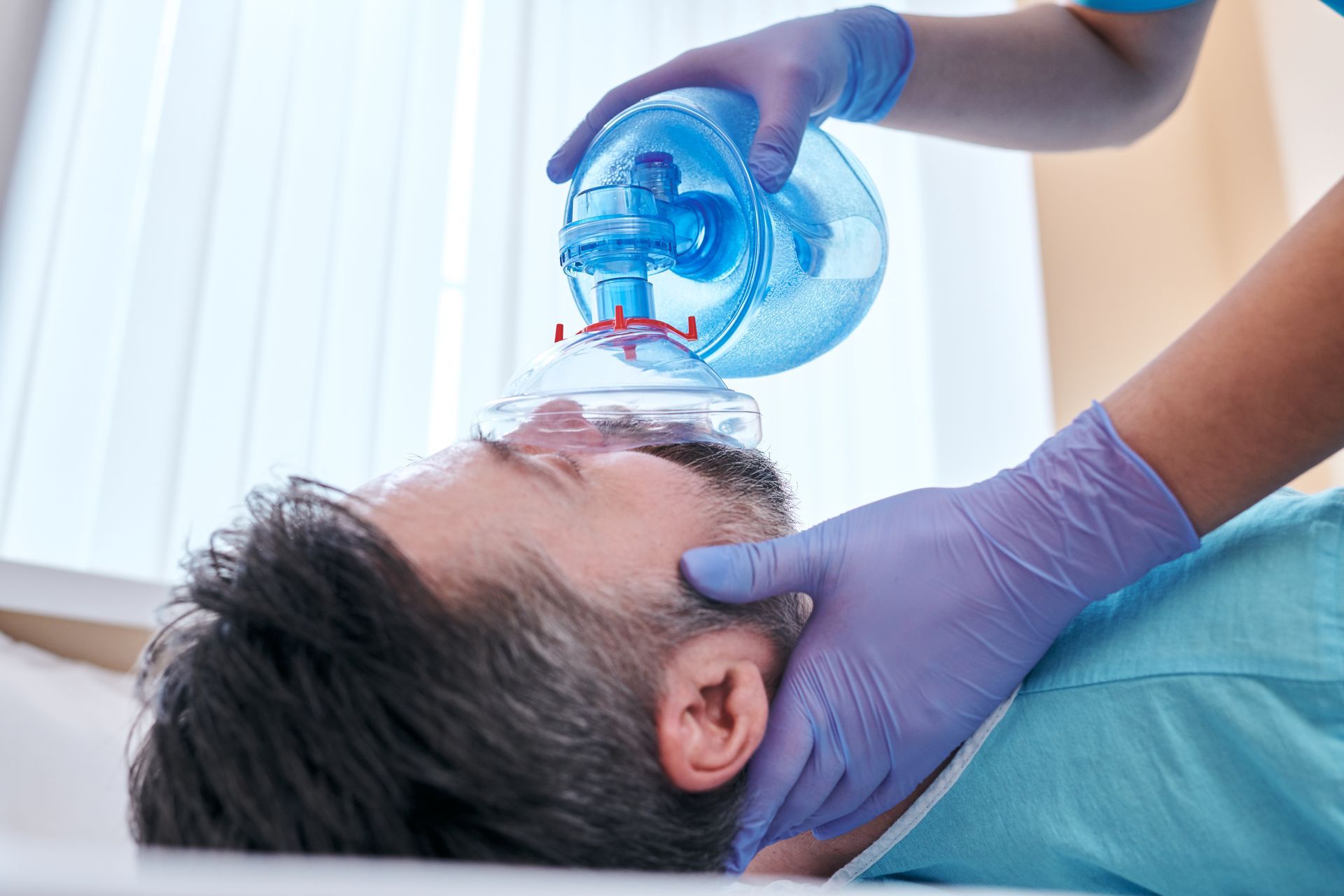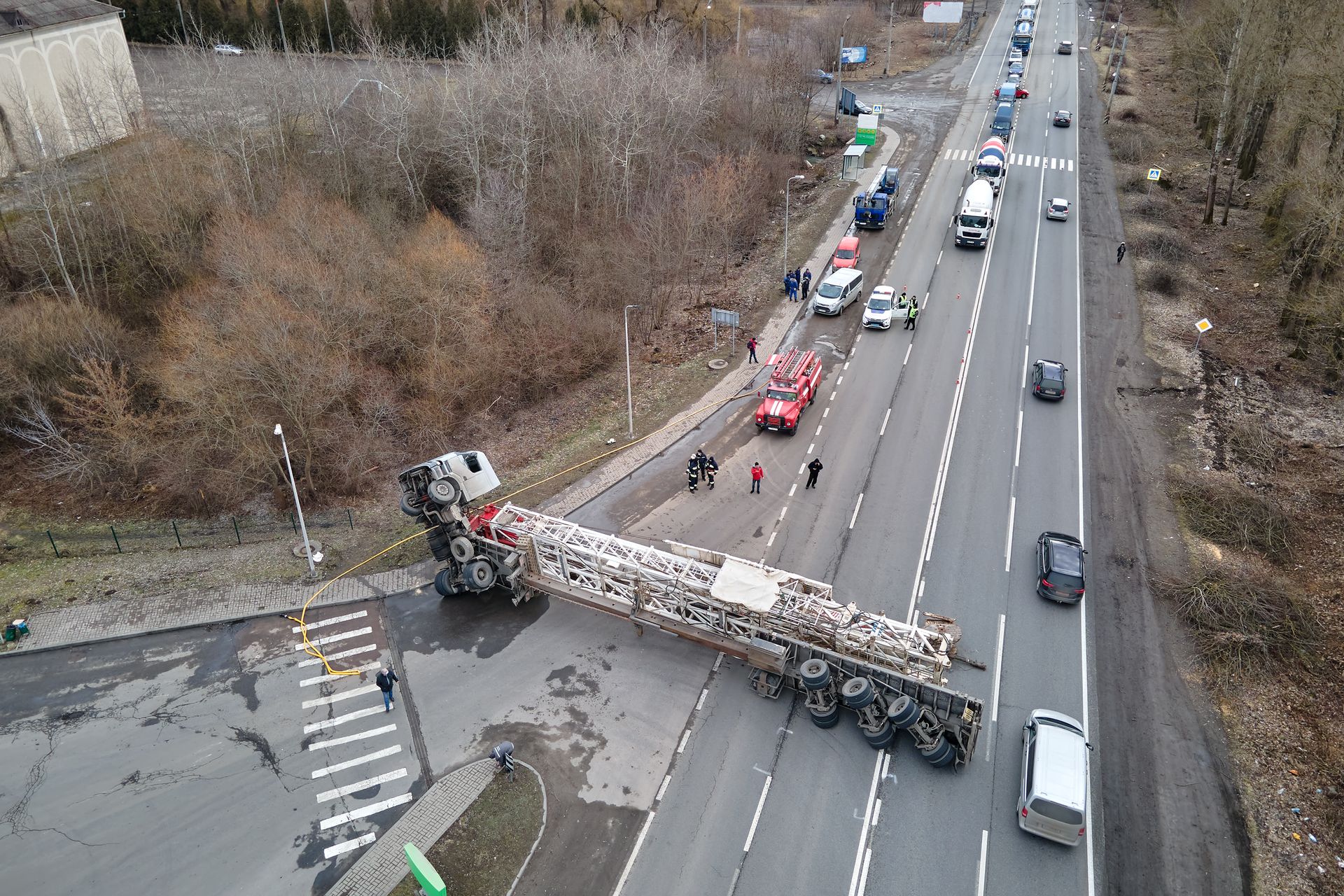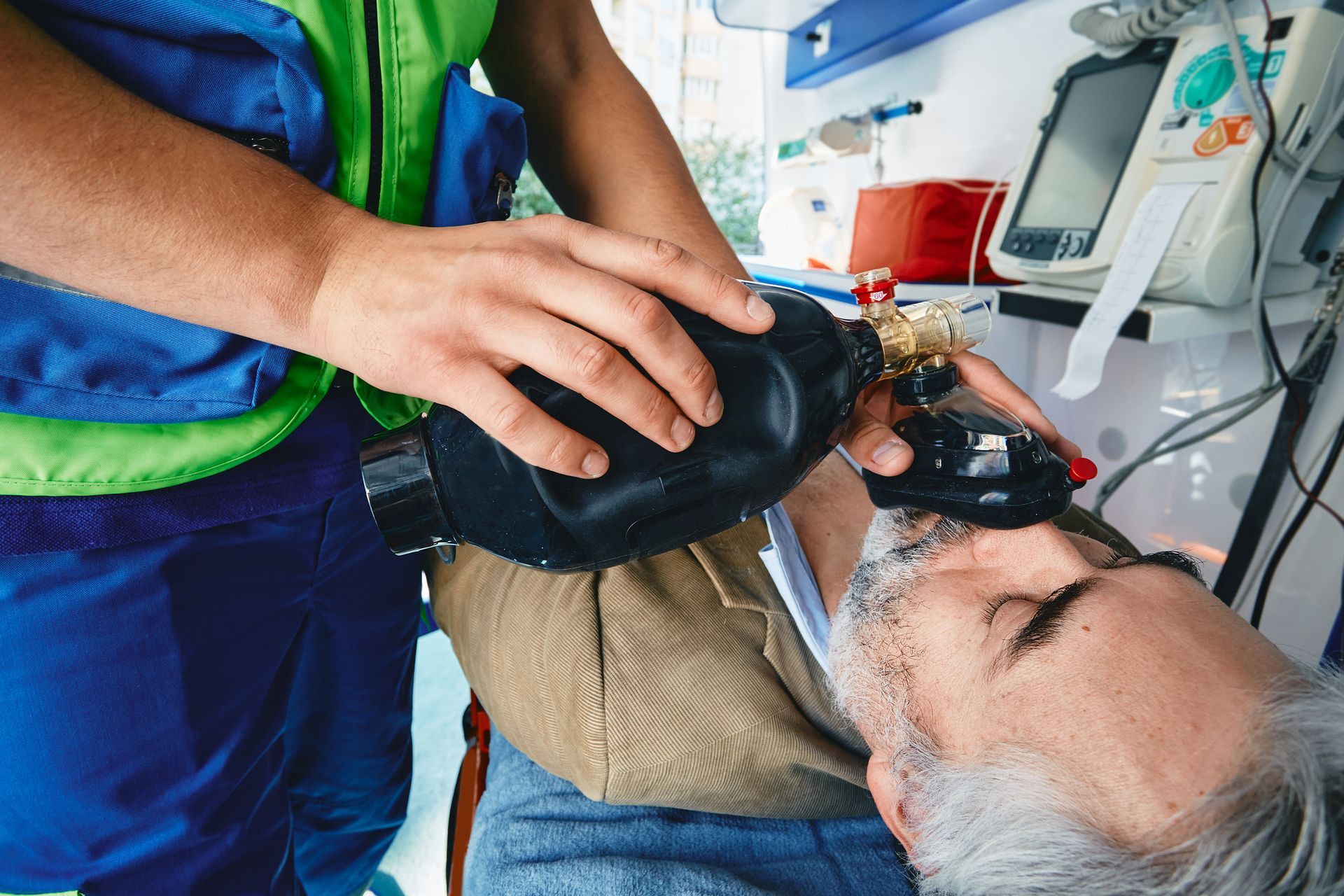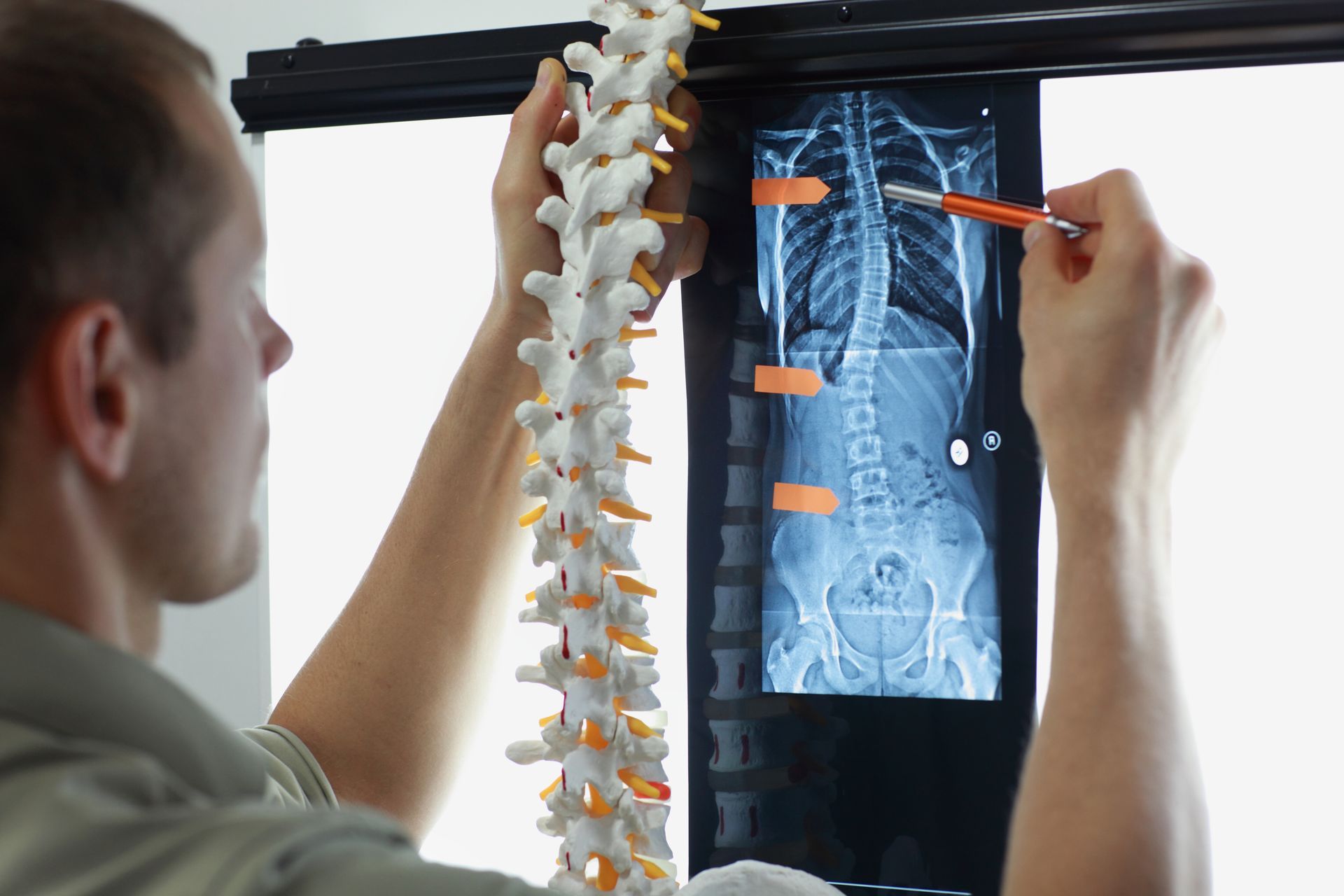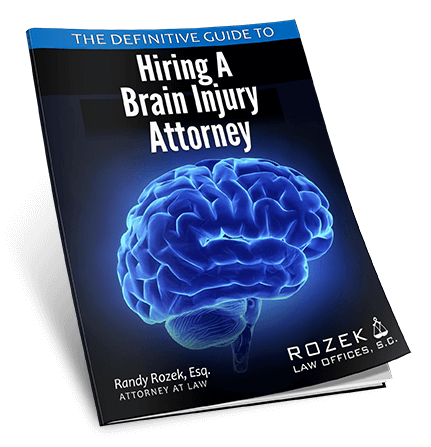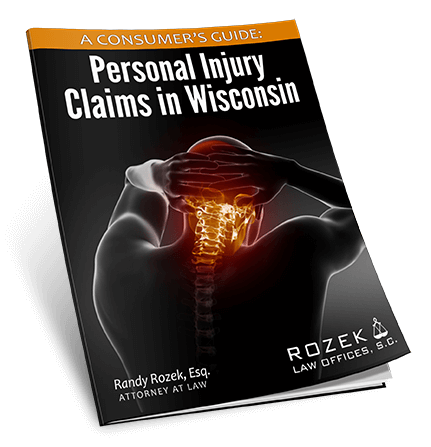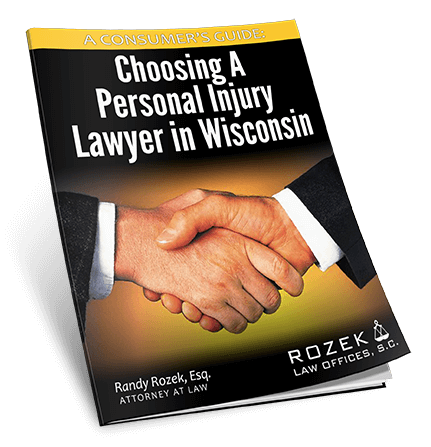Antidepressants Prevent Depression Following Traumatic Brain Injury
A new study suggests that antidepressants not only treat depression following traumatic brain injury (TBI), a common symptom after head trauma, but can actually prevent the onset of depressive disorders.
Read More: Traumatic Brain Injury Attorney in Wisconsin
The study focused on the antidepressant sertraline.
“Ricardo E. Jorge, M.D., of the Baylor College of Medicine, Houston, and coauthors tackled that question in a new article published online by JAMA Psychiatry. The authors conducted a randomized clinical trial at a university hospital over four years with 24 weeks of follow-up, an article in Science Daily reads. “A total of 94 patients consented and were assigned to receive placebo (n=46) or sertraline (n=48) at a dose of 100 mg/day for 24 weeks or until a mood disorder developed.”
Results of the study suggest a low dose of sertraline soon after the onset of TBI appears to be an effective strategy to prevent depression following a TBI diagnosis, but more study is needed before considering possible changes to treatment guidelines.
Limitations to the current study include its small sample size.
“Given the prevalence and functional effect of depression among patients with TBI, these findings have profound therapeutic implications. However, although our findings are novel and provocative, recommending a change in the guidelines to treat patients with TBI requires replication of these findings in multicenter studies,” the article reads. “In addition, it would be important to study whether combining antidepressants with behavioral interventions, such as psychotherapy or cognitive rehabilitation protocols, will optimize long-term functional outcomes, the authors conclude.”
Depression is more than feeling sad every now and then. It is normal for someone who has had a TBI to feel sad by the problems caused by their injury. But for some people, those feelings can extend beyond normal feelings of sadness. People with depression feel sad, lack energy or feel tired, or have difficulty enjoying routine events almost daily. Other symptoms include difficulty sleeping, loss of appetite, poor attention or concentration, feelings of guilt or worthlessness, or thoughts of suicide.
Research has found that patients with TBI are more likely to experience depression than those who have not had a brain injury. For every 10 people who do not have a brain injury , approximately one person will have depression. For every 10 people who do have a brain injury, approximately three people will become depressed.
The risk of depression after a TBI increases whether the injury is mild, moderate, or severe. Researchers cannot say if age, gender, the part of the brain that was injured, or the type of injury makes depression more likely.
